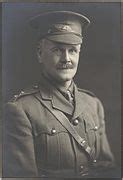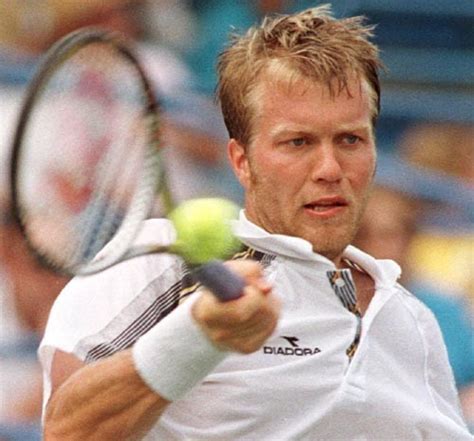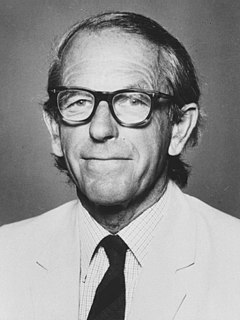A Quote by John Dalberg-Acton
The science of politics is the one science that is deposited by the streams of history, like the grains of gold in the sand of a river; and the knowledge of the past, the record of truths revealed by experience, is eminently practical, as an instrument of action and a power that goes to making the future.
Related Quotes
Gradually, ... the aspect of science as knowledge is being thrust into the background by the aspect of science as the power of manipulating nature. It is because science gives us the power of manipulating nature that it has more social importance than art. Science as the pursuit of truth is the equal, but not the superior, of art. Science as a technique, though it may have little intrinsic value, has a practical importance to which art cannot aspire.
Statistics is the most important science in the whole world: for upon it depends the practical application of every other science and of every art: the one science essential to all political and social administration, all education, all organization based on experience, for it only gives results of our experience.
But in practical affairs, particularly in politics, men are needed who combine human experience and interest in human relations with a knowledge of science and technology. Moreover, they must be men of action and not contemplation. I have the impression that no method of education can produce people with all the qualities required. I am haunted by the idea that this break in human civilization, caused by the discovery of the scientific method, may be irreparable.
One billion grains of sand come into existence in the world each second. That's a cyclical process. As rocks and mountains die, grains of sand are born. Some of those grains may then cement naturally into sandstone. And as the sandstone weathers, new grains break free. Some of those grains may then accumulate on a massive scale, into a sand dune.
The life and soul of science is its practical application, and just as the great advances in mathematics have been made through the desire of discovering the solution of problems which were of a highly practical kind in mathematical science, so in physical science many of the greatest advances that have been made from the beginning of the world to the present time have been made in the earnest desire to turn the knowledge of the properties of matter to some purpose useful to mankind.






































